Among those dominating the list of public representatives headed for Parliament are men and women who have occupied several leadership positions since the dawn of democracy and are arguably past their sell-by dates.
All parties contesting the general elections in South Africa on 29 May 2024 were required to submit a list of their candidates to the IEC by 8 March.
The public had until 27 March to inspect the lists and raise objections.
Those topping the lists include former president Jacob Zuma of the newly formed uMkhonto Wesizwe party, the Freedom Front Plus’s Dr Corné Mulder, the UDM’s Bantu Holomisa, the African Christian Democratic Party’s (ACDP) Kenneth Meshoe and Good’s Patricia de Lille.
Residents at the Diepkloof Hostel in Soweto live in abject squalor metres from street poles where the faces of these leaders hang prominently. They were despondent when asked questions about them last week.
Chairperson of the Diepkloof Hostel community organisation, Sibongiseni Khoza, said they have had enough of the politicians’ promises.
“They do not want to let go of power, that is all I can say. It is not about us the poor, it is about them getting rich until they go to the grave.”
Another resident, Sanele Msibi, said that if these politicians had the interests of residents at heart, their living conditions would have been improved long ago. “All they do is talk and talk, but how is that helping us who voted for them? This is why we now want to stay away and not vote at all.”
Political analyst Dr Ntsikelelo Breakfast echoed those sentiments, saying some of these politicians had overstayed their welcome.
“I have been concerned as well regarding the double standards that are applied by politicians. For instance, on the one hand there is a law that says at the age of 60 or 65 you must walk out of the workplace. You must go on retirement, but that policy doesn’t apply to them — so why does it exempt them?”
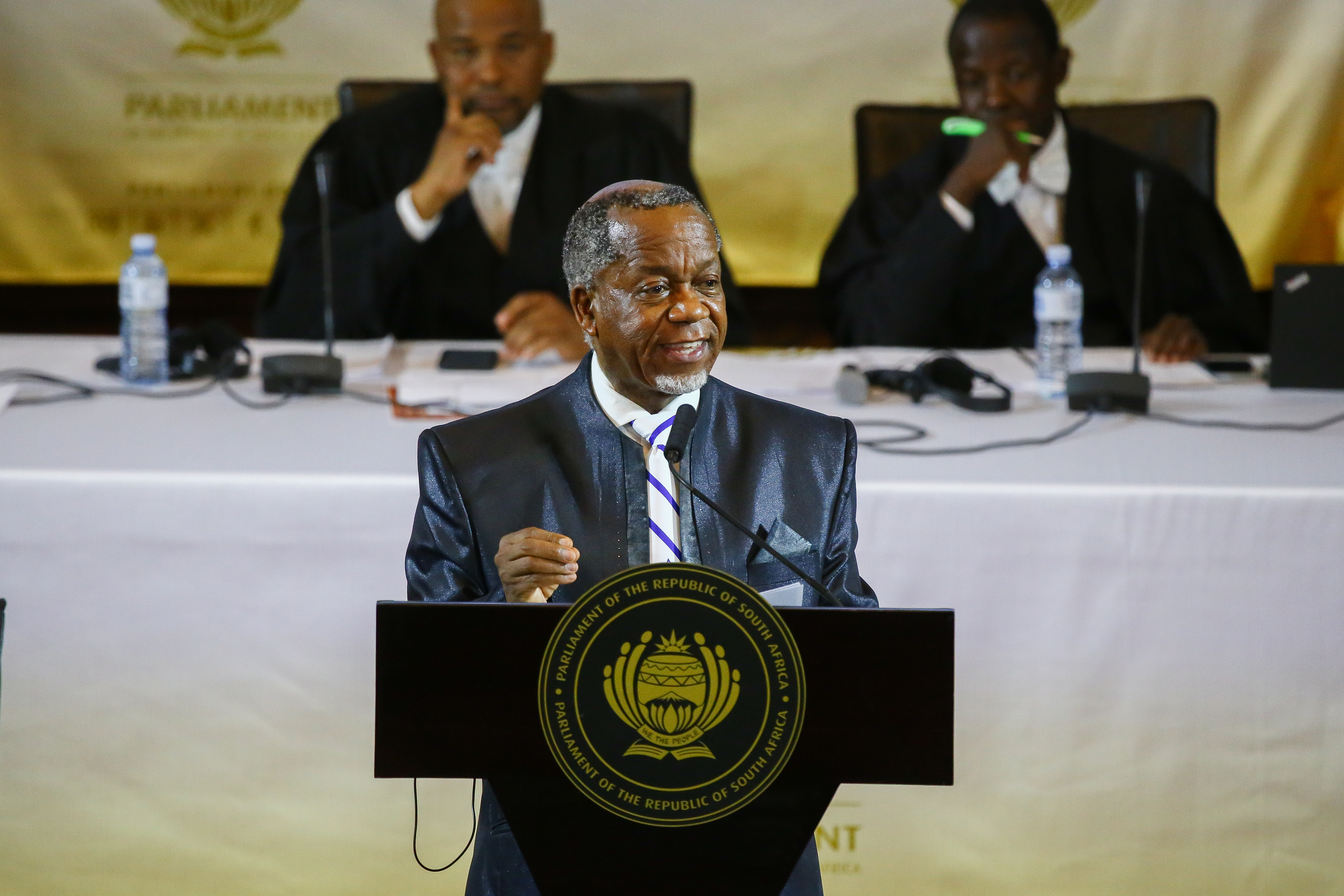 Reverend Kenneth Meshoe during the State of the Nation Address debate at Cape Town City Hall on 14 February 2024. (Photo: Gallo Images / Ziyaad Douglas)
Reverend Kenneth Meshoe during the State of the Nation Address debate at Cape Town City Hall on 14 February 2024. (Photo: Gallo Images / Ziyaad Douglas)
Kenneth Meshoe (70)
Political leaders, however, believe age is just a number. At least this is the case for Meshoe, who founded the ACDP in December 1993 and has been a member of the National Assembly since 1994.
“Generational mix is necessary. People must remain in Parliament if and when they continue to bring value. It is not about age. When you look at all the party leaders, I am the only one who speaks about godly governance. People need that, and I am the only one who is promising to provide it.”
Jacob Zuma (81)
Even though the IEC declared he is not eligible for a seat in Parliament because he has a criminal record with a sentence exceeding 15 months, Zuma is still the number-one candidate on the MK party list and the face of its election campaign. The party has appealed the IEC decision and the court will decide by 9 April so that final lists can be published and then ballot papers printed for the 29 May election.
Read more in Daily Maverick: 2024 elections
Zuma was the country’s fourth president from 2009 to 2018 despite having been removed as deputy president in 2005 by President Thabo Mbeki after Judge Hilary Squires found that his benefactor, Schabir Shaik, had made payments to Zuma totalling R1.2-million.
More recently, Judge Raymond Zondo found that Zuma was someone whom the Gupta family had used “against the people of South Africa, his own country and his own government to advance their own business interests”.
Although Zuma’s legacy is well documented, MK spokesperson Nhlamulo Ndhlela said he still had plenty to offer, should he miraculously make it to Parliament.
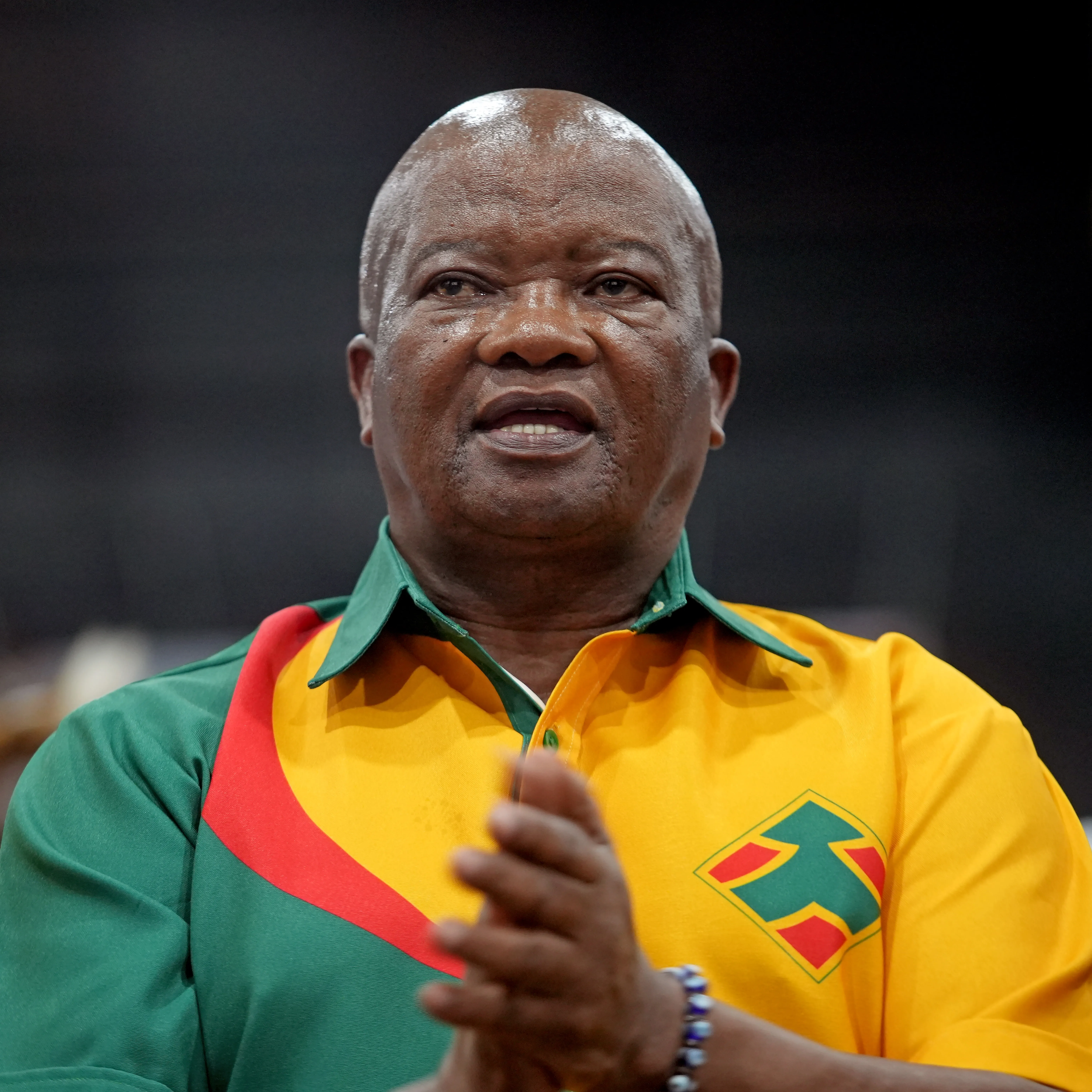 UDM leader Bantu Holomisa at the party's manifesto launch in Midrand on 2 March 2024. (Photo: Gallo Images / City Press / Tebogo Letsie)
UDM leader Bantu Holomisa at the party's manifesto launch in Midrand on 2 March 2024. (Photo: Gallo Images / City Press / Tebogo Letsie)
Bantu Holomisa (68)
Holomisa is at the top of the UDM list. He is a former member of the ANC who was expelled from the party in 1996 after testifying at the Truth and Reconciliation Commission that Public Enterprises Minister Stella Sigcau had accepted a R50,000 payment from former Transkei ruler Chief George Matanzima.
The R50,000 was reportedly part of a R2-million payment to Matanzima by hotel magnate Sol Kerzner.
A year later, the UDM was founded. Holomisa has been a member of Parliament since 1994, when he served as the deputy minister of environment and tourism in the Government of National Unity.
Holomisa has blown the whistle on corruption many times. His latest success is the imminent arrest of the Speaker of the National Assembly, Nosiviwe Mapisa-Nqakula, accused of soliciting cash bribes while she was minister of defence to secure contracts with the South African National Defence Force.
Although this made news recently, it was initially flagged by Holomisa in March 2021 when he wrote to the chairpersons of the Joint Standing Committee on Defence, pleading that they investigate Mapisa-Nqakula.
Holomisa said a generational mix was important but institutional knowledge was equally important.
“The successes I have had are as a result of experience and institutional memory which I exercise, something that not everyone has.
“I think it would be wrong to just apply that sweeping statement to say old people must be removed. You have to tread carefully, because making laws is going to require experience. That’s why you need that mix,” he added.
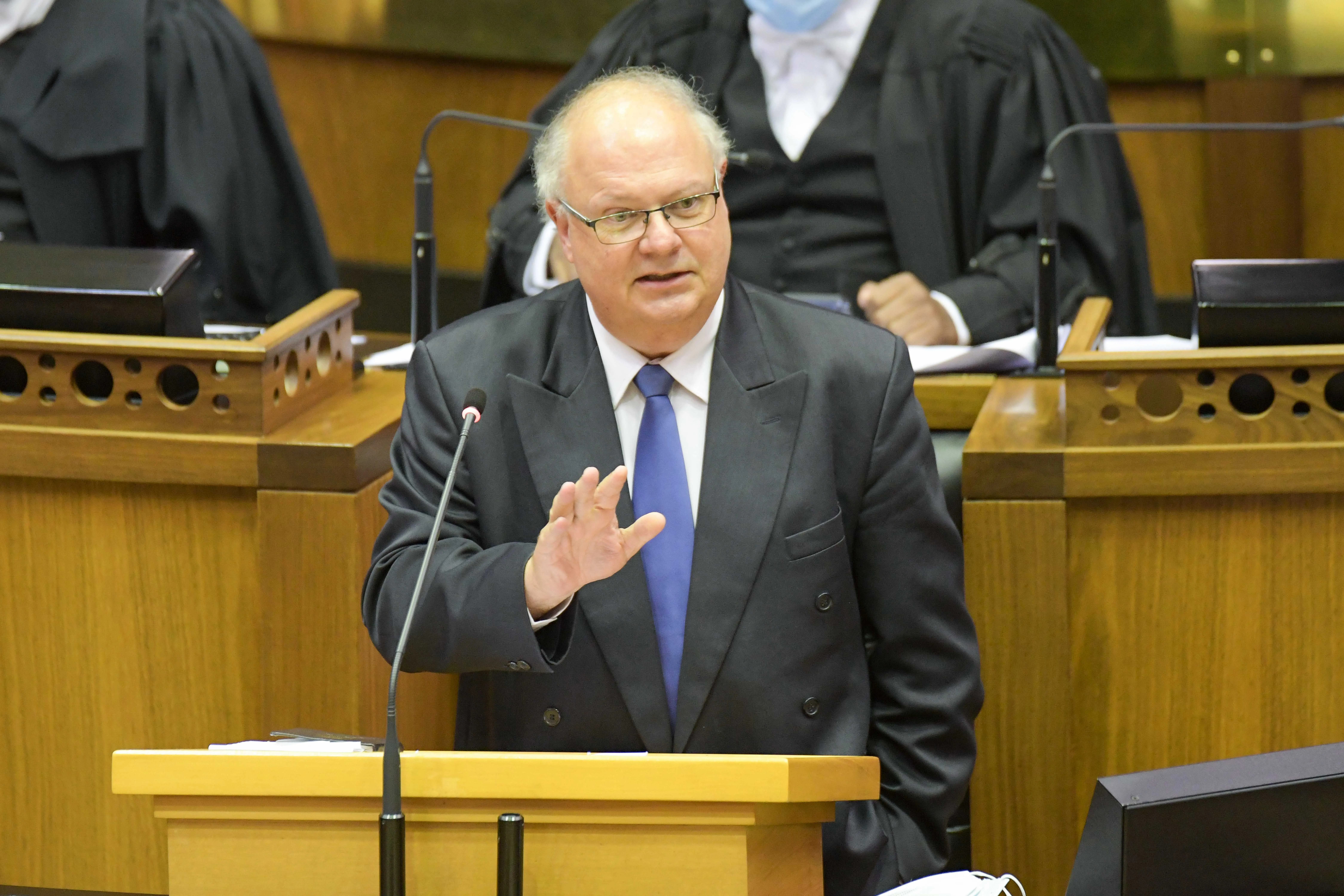 Dr Corné Mulder of the Freedom Front Plus addresses the National Assembly during the debate on whether to accept the recommendation of the high-level panel appointed by the Speaker to initiate an inquiry by Parliament to determine the fitness of the Public Protector Busisiwe Mkhwebane to hold office on 16 March 2021. (Photo: Gallo Images / Jeffrey Abrahams)
Dr Corné Mulder of the Freedom Front Plus addresses the National Assembly during the debate on whether to accept the recommendation of the high-level panel appointed by the Speaker to initiate an inquiry by Parliament to determine the fitness of the Public Protector Busisiwe Mkhwebane to hold office on 16 March 2021. (Photo: Gallo Images / Jeffrey Abrahams)
Dr Cornelius Petrus Mulder (63)
Mulder made the cut on the Freedom Front Plus list. He is the longest-serving member of Parliament and the only MP who served in the old apartheid Parliament. He became an MP at the age of 25 when he was elected on 29 March 1988.
He is the FF+ chief whip in Parliament and leader of the Western Cape FF+ constituency. He chairs the party’s policy and constitution committee.
He believes in having a generational mix. “I think what you need in Parliament is a combination of people with experience, people who have been part of the negotiations who know where we come from. But then you also need younger people that can steer Parliament in the right direction.”
Should he be re-elected to Parliament, Mulder looks forward to inevitable coalitions as the future of the South African government.
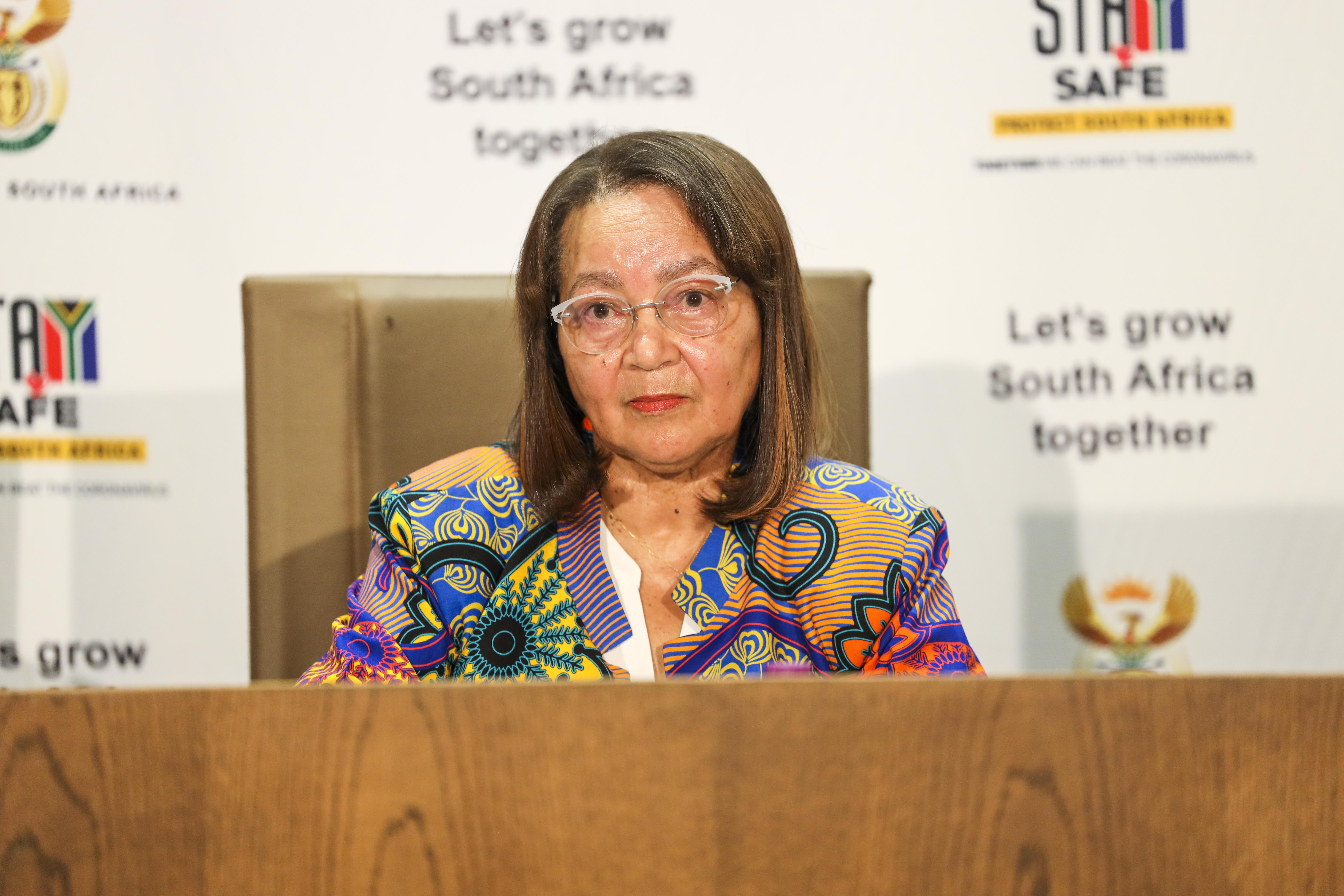 Tourism Minister and Good party leader Patricia de Lille briefs the media at Tshedimosetso House in Pretoria on 24 March 2023. She provided an update on the Tottenham Hotspur FC and SA Tourism sponsorship proposal. (Photo: Gallo Images / OJ Koloti)
Tourism Minister and Good party leader Patricia de Lille briefs the media at Tshedimosetso House in Pretoria on 24 March 2023. She provided an update on the Tottenham Hotspur FC and SA Tourism sponsorship proposal. (Photo: Gallo Images / OJ Koloti)
Patricia de Lille (73)
De Lille too made it to the top of her Good party’s list. The party was formed in 2018 and in 2019 it fought its first election, gaining two seats in Parliament and one in the Western Cape legislature.
On what she still had to offer should she be re-elected to Parliament, De Lille said: “I want to use the next parliamentary term to continue developing and supporting the next generation of leaders. But you can’t build a stable country on foundations of injustice.
“When we look at South Africa’s progress since 1994, we must be honest and say that although many things have changed, we should have done better and been further down the road. We must address the unfinished business our democracy inherited, the inequality, the poverty, the suffering and marginalisation of millions of citizens.
“The fight for social, economic, spatial and environmental justice – that began in the anti-apartheid movement – must continue.”
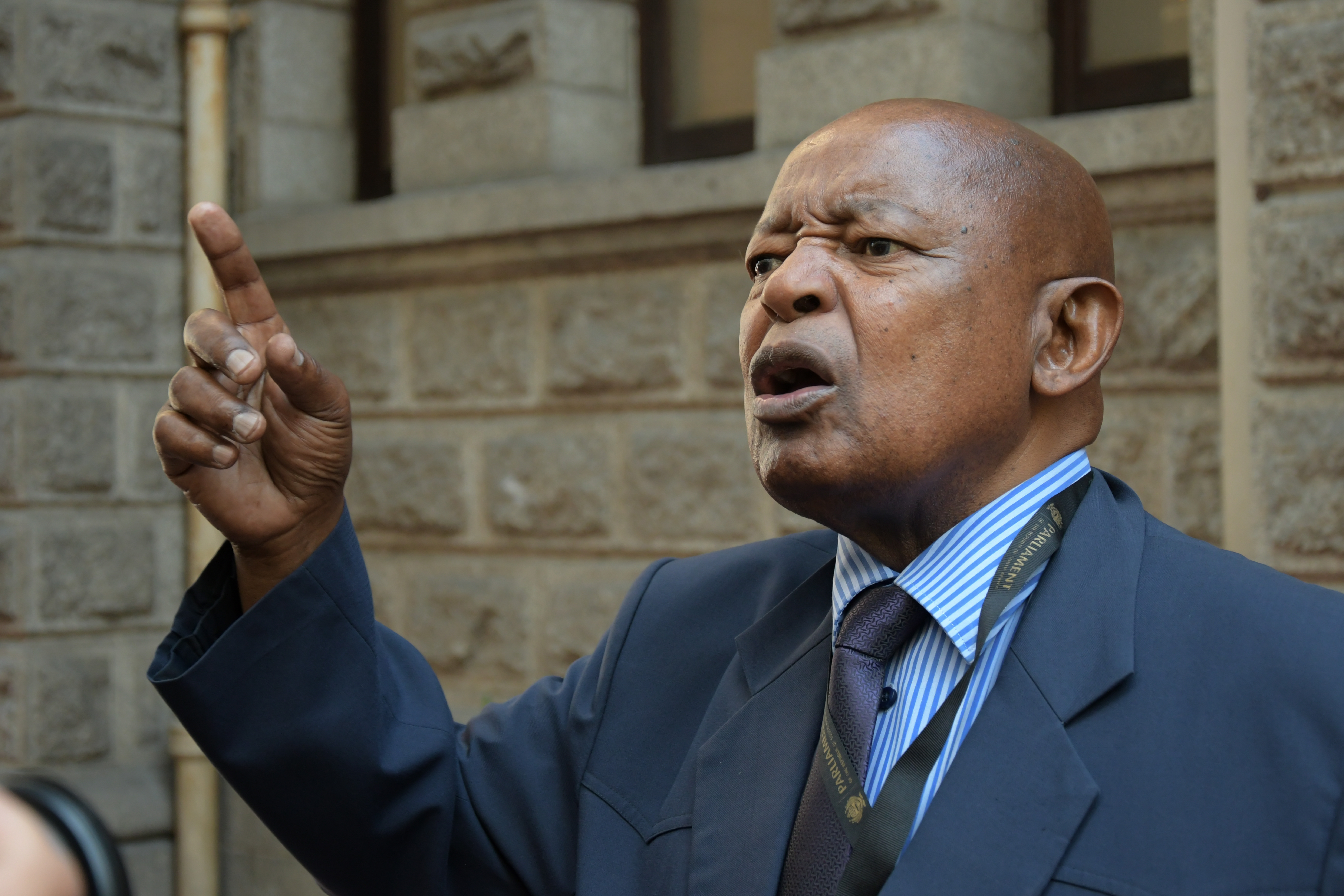 Cope leader Mosiuoa Lekota at the 2023 State of the Nation Address at Parliament in Cape Town on 9 February 2023. (Photo: Gallo Images / Jeffrey Abrahams)
Cope leader Mosiuoa Lekota at the 2023 State of the Nation Address at Parliament in Cape Town on 9 February 2023. (Photo: Gallo Images / Jeffrey Abrahams)
Mosiuoa Lekota (75)
Lekota’s name on top of the Cope list came as no surprise, after he left the ANC to form the breakaway party in 2008.
Cope essentially campaigned as “the ANC without Zuma” in 2009, winning a million votes in the process. This prevented the ANC under Zuma from attaining a two-thirds majority in his first term as president.
After the 2009 elections Cope secured 30 seats in Parliament, becoming the country’s third-largest party. However, its performance has declined significantly over the years because of factional battles, among other issues.
Speaking at a media briefing in January, Lekota called for a constitutional amendment that would allow South African voters to elect the president directly.
“We want to amplify once again our call for a constitutional amendment for voters to directly elect the president of our country, instead of using the procedures under the current party list system that promotes party interests above the interests of the people of our land,” he said.
“This change should also apply to premiers and mayors.”
Lekota could not be reached for comment by the time of publishing. DM
This story first appeared in our weekly Daily Maverick 168 newspaper, which is available countrywide for R29.





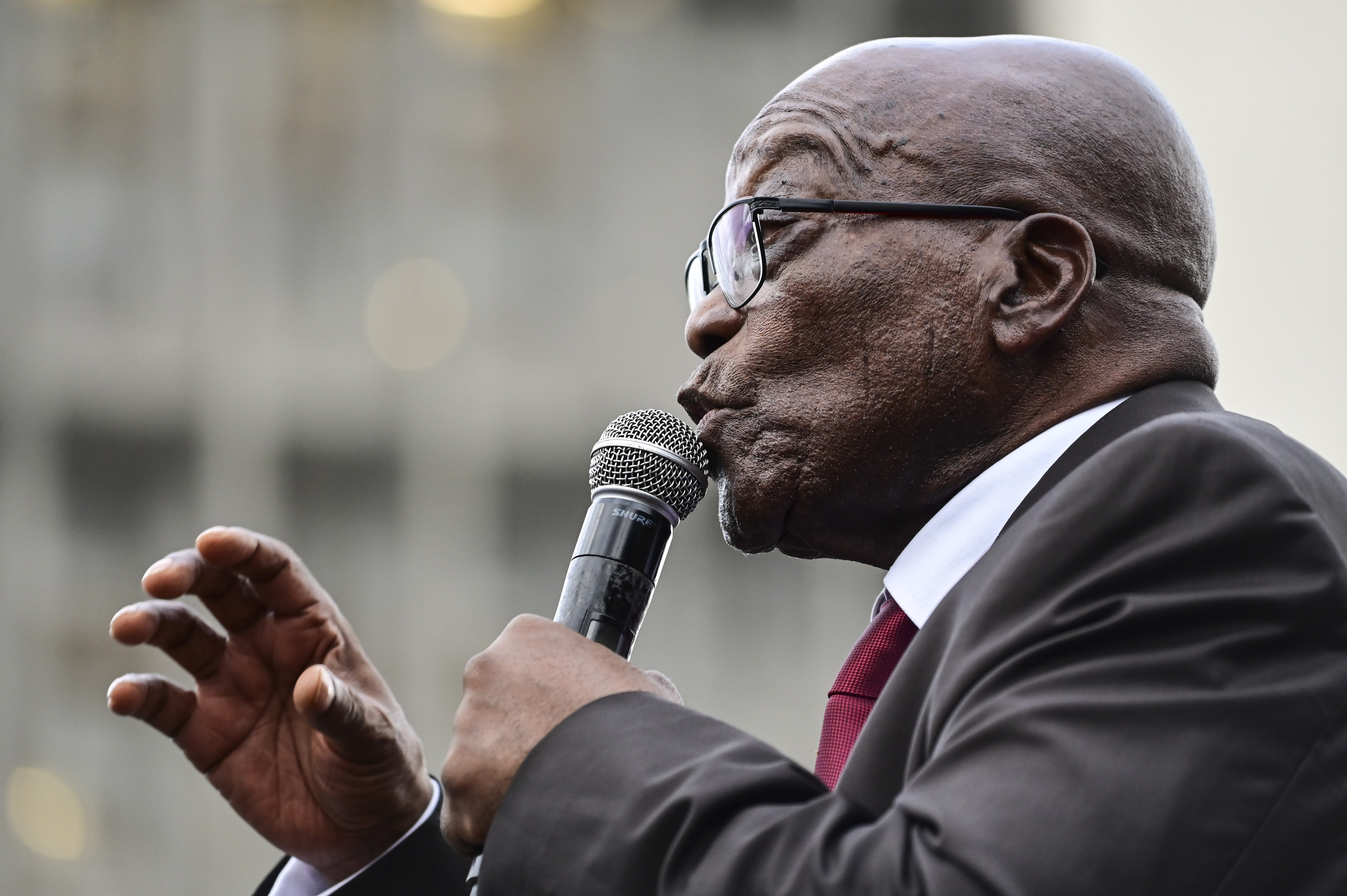 CAPE TOWN, SOUTH AFRICA - FEBRUARY 09: Cope leader Mosiuoa Lekota at the 2023 State Of The Nation Address (SONA) at Parliament on February 09, 2023 in Cape Town, South Africa. The address is an annual event, in which the President of South Africa reports on the status of the nation, normally to the resumption of a joint sitting of Parliament (the National Assembly and the National Council of Provinces). (Photo by Gallo Images/Jeffrey Abrahams)
CAPE TOWN, SOUTH AFRICA - FEBRUARY 09: Cope leader Mosiuoa Lekota at the 2023 State Of The Nation Address (SONA) at Parliament on February 09, 2023 in Cape Town, South Africa. The address is an annual event, in which the President of South Africa reports on the status of the nation, normally to the resumption of a joint sitting of Parliament (the National Assembly and the National Council of Provinces). (Photo by Gallo Images/Jeffrey Abrahams) 